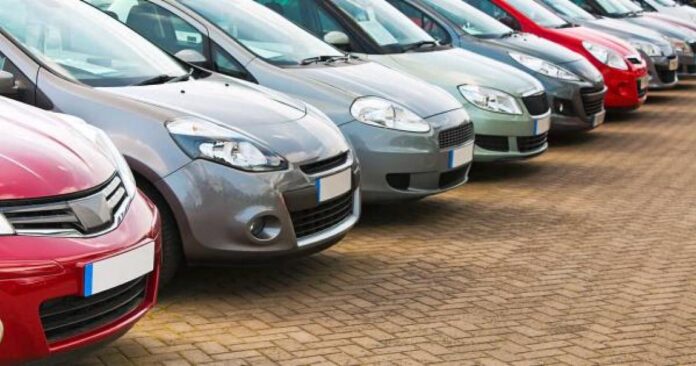Ammon News – Energy and oil experts have praised the government’s recent decision to reduce total taxes (both general and special) on vehicles and restructure the vehicle sector. The move is seen as part of a broader series of economic and environmental reforms aimed at stimulating the economy, easing the financial burden on citizens, and accelerating the shift toward sustainable transportation.
The experts emphasized that the decision carries not only economic significance but also clear environmental dimensions. It reflects the government’s commitment to positioning Jordan as a regional leader in electric mobility and renewable energy.
They noted the importance of the move in promoting the use of alternative transport methods such as bicycles and electric scooters, which support clean energy use, reduce reliance on traditional fuels, and help cut the national oil bill. The shift also contributes to easing traffic congestion and lowering air pollution, particularly in major cities.
Energy expert Hashem Aqel stated that Jordan is taking a significant step toward more cost-effective and environmentally friendly vehicles. He highlighted the cancelation of the progressive tax brackets previously applied to electric cars, a change that promotes tax fairness and makes electric vehicles more affordable for middle-income citizens.
On the economic front, Aqel said the revised tax structure will lead to a noticeable drop in vehicle prices, likely revitalizing a car market that has faced stagnation in recent months due to high costs, reduced purchasing power, and limited imports.
He expected the decision to restore consumer confidence and boost car sales, especially hybrids and EVs, over the next three months. Buyers may see savings of several thousand dinars on both new and used imported vehicles.
Regarding the environmental impact, Aqel noted that lowering taxes on electric and hybrid cars aligns with national efforts to cut carbon emissions and improve air quality, particularly in urban centers like Amman, Zarqa, and Irbid.
He also anticipated a rise in the use of electric scooters and bicycles, especially given recent measures by the Greater Amman Municipality to designate dedicated lanes for such transport modes.
Aqel stressed that the decision also serves public safety goals, as it includes a ban on importing severely damaged (salvage) vehicles. This will drive importers to seek higher-quality cars, potentially increasing demand for clean used vehicles that meet European and American standards.
He added that the decision opens up a wider range of price categories for consumers, encouraging families to replace aging vehicles or switch to electric ones to save on fuel and maintenance. He noted that operating an electric vehicle costs only about 10% of what a gasoline car would require in fuel, oil, and routine maintenance.
Aqel described the tax reform as one of the boldest government actions in recent years and said it sends a strong message to citizens that the government is working to ease burdens not just raise revenues. He expects the full impact to become visible in the third quarter of this year in terms of prices, vehicle sales, and emission reductions.
The Arab Renewable Energy Commission (AREC) also welcomed the government’s “wise and calculated” decision to cut customs duties on electric vehicles, calling it a strategic move that aligns with Jordan’s clean energy and sustainability goals.
Mohammed Al-Taani, AREC Secretary-General, said the decision supports several national objectives, including reducing dependence on traditional fuels, such as gasoline and diesel, by an estimated 5% of total consumption over the next five years.
He added that the decision could generate savings for the state budget ranging from JD100 million to JD200 million annually. Moreover, it will contribute to lowering carbon emissions, advancing Jordan’s real-world efforts toward carbon neutrality by 2050, in line with its international commitments.
Al-Taani also noted that the policy underscores Jordan’s determination to lead in electric transport and renewable energy. The country now stands out among Arab nations for its advanced EV infrastructure and energy storage capabilities.
He called on the private sector to seize the opportunity to expand into Arab and African markets, offering a direct return on investment for the national economy and opening new opportunities for skilled Jordanian professionals abroad. Petra


